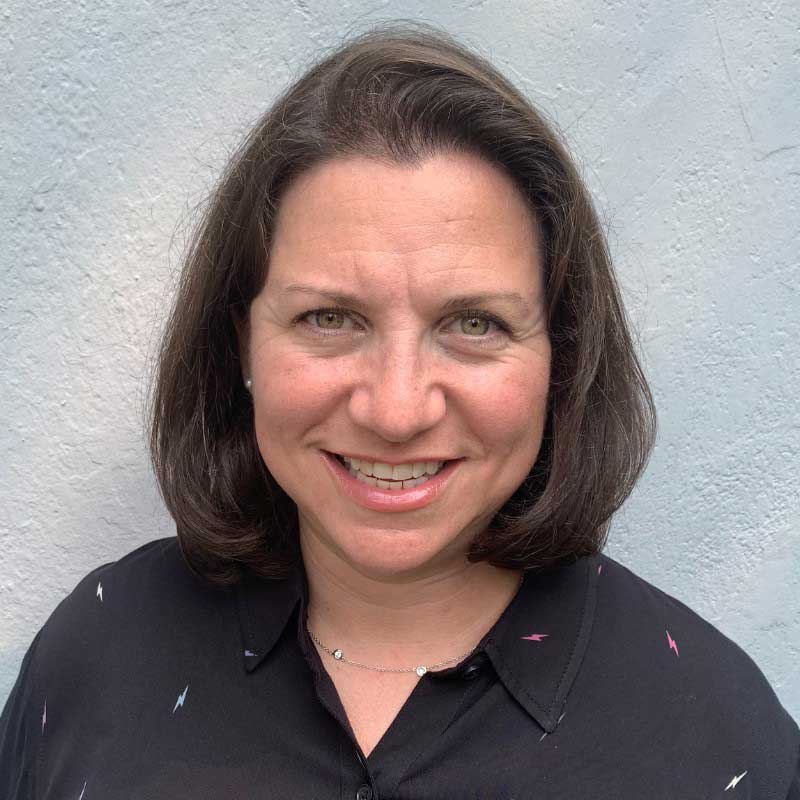How to Make Your Resume “MBA Ready”
The resume you used to get your last job is not the one you will use to apply to business school. I know – it’s frustrating. You spent hours getting it right to go out into the job market, only to find that you’re going to have to rework that small but powerful document in order to apply to an MBA program. Here’s a list of the major differences between the resume you have now and the one you will submit in a few months as part of your MBA applications.
1. Your MBA resume will be higher level and with less industry jargon
From your one page resume, the admissions committee should be able to get a sense for what you do, what’s unique about you, and what perspectives and experiences you can bring to the classroom. However, they can’t do that if they don’t understand what they’re reading. Bankers, e-commerce and technology people, and consultants – I’m definitely talking to you. But of course everyone runs into the jargon issue. Here’s a trick: take a step back and ask yourself “is this how I would explain my job to my best friend’s mom or dad who works in business but maybe not my exact field?” You can assume there is a little understanding of the general field you are in, but you want to keep your descriptions high level so that anyone, regardless of background, can “get it”.
We ask all of our clients to have family or friends read their resumes and then explain what they picture or imagine the person doing all day. The admissions committee will absolutely imagine you as they are reading about your job – it’s human nature – so give them cool descriptions that align with how you want to be viewed. Note that I’m not saying to dumb down your accomplishments just because they are complex. You can include names of programming languages and complex financial products in a way that is understandable across audiences – it usually just takes a few extra words.
2. Your MBA resume needs to focus on storytelling and accomplishments
Think of this resume as more of an elevator pitch than a checklist of skills. Whereas a potential employer may be scanning to see what types of things you’ve been exposed to and/or can work on to assess how quickly you can hit the ground running in a new role, MBA admissions committees are looking for leadership potential, demonstrated team skills, demonstrated problem solving skills, career progression, and a well-rounded individual with dynamic interests.
We ask our clients to write no more than two bullets describing “what they do” for each job so they have maximum space to explain “what they have accomplished” in very short, two-line, stories. As mentioned above, they are picturing you. So give them quick stories that give a glimpse into what you’re like to work with, what type of initiative you take, and how you are crushing it and being recognized as a rockstar in your company.
3. You’ll include more interests and hobbies than you have now
I often hear people say that they don’t have any extracurriculars. That’s generally not the case when we get down to it. Extracurriculars don’t have to be just volunteering and junior boards. Though we like to see an “engaged community citizen”, it’s important to give a complete sense of what your interests and activities are, even if you don’t think they are as powerful as leading a volunteering effort.
Why? Because MBA programs are not looking for people who just eat, sleep and work. They want to recruit leaders who can demonstrate that they have people skills and will be able to thrive in the highly-social MBA environment. So, maybe you haven’t had time to really engage as a volunteer since college because you’re traveling every week, but perhaps you play in a recreational tennis league every Sunday. That absolutely counts and it’s likely that it should be a bullet under “community and other” in your resume or at least in the interests section. Whereas your next employer may not care what you do outside of the office to the same degree, MBA programs most certainly do.
4. You’ll pick and choose more
You can’t tell the same types of stories over and over in your MBA resume. You don’t have that much space. If you built financial models for six IPOs, don’t give each one a bullet (bankers – in general I don’t like the exhaustive transaction experience list that you likely use for work – pick a few of the best). Boil your experiences up to what the main accomplishments were and select those as your examples of what you did in a particular job. You want a good balance of showing leadership, analytical, teamwork and problem solving skills across your resume, so be careful not to waste space giving too many examples of any one area.
Don’t forget the finishing touches
This goes for work resumes too, but formatting, spelling and grammar are very important. Admissions directors notice, especially on the resume. Be a crazy perfectionist when it comes to this!
And finally, get feedback. Have people from different industries and backgrounds read your resume and tell you what they think and how they interpreted what you do and have done. We recommend doing this a few times as you’re finalizing your resume in order to feel like you’ve gotten a diverse array of perspectives.






Pingback: Six Weeks Until Round 1 Deadlines – Here is Your Plan for Success! | The GMAT Club
July 30, 2020 9:00 am